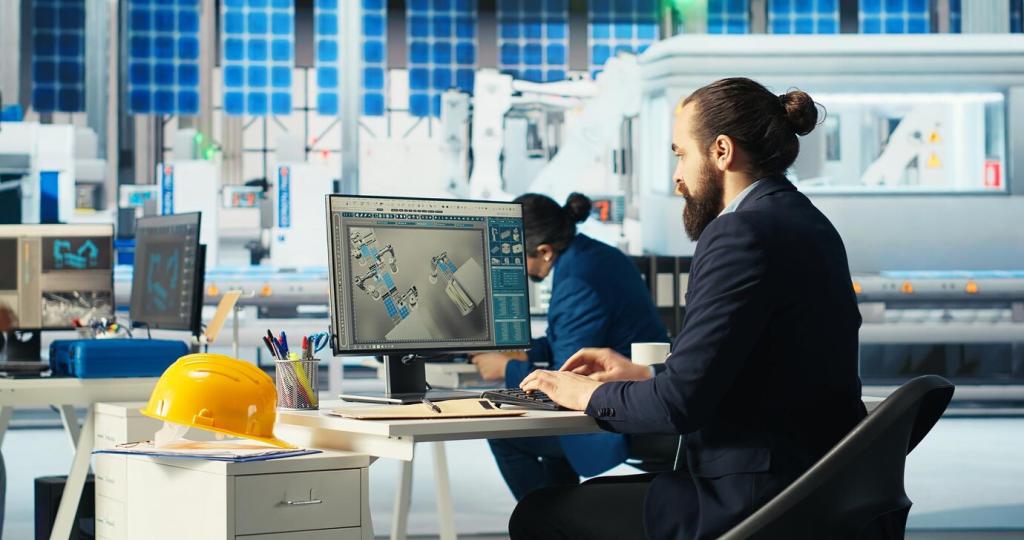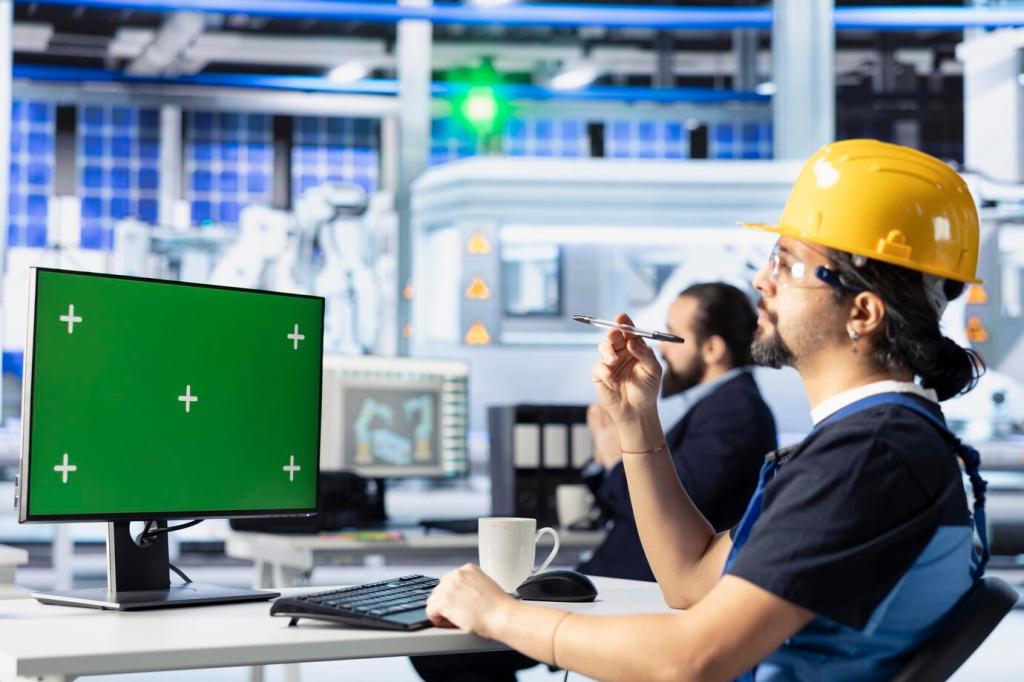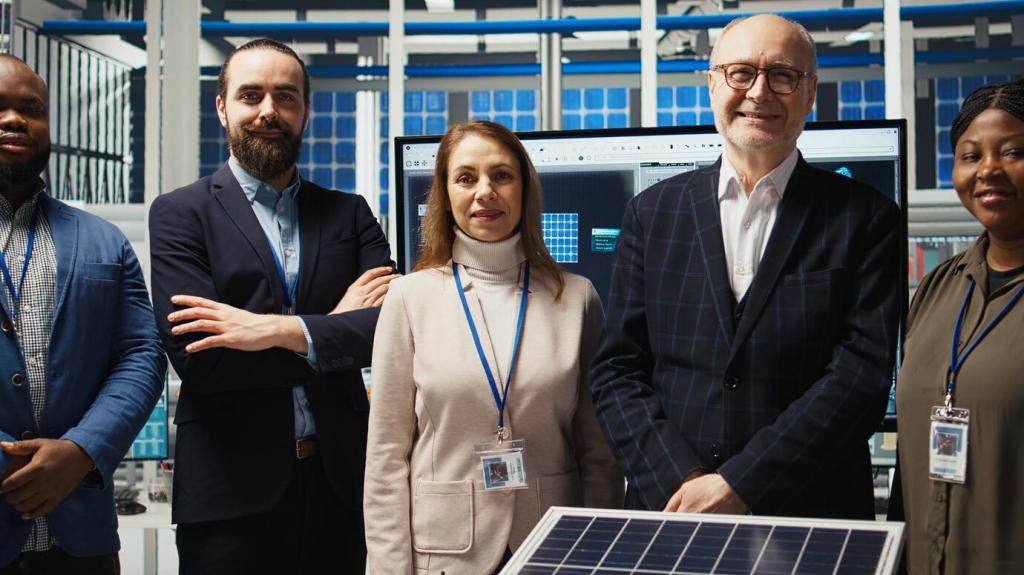
The Role of AI in Future Home Automation Systems
Artificial Intelligence (AI) is transforming the way we perceive and interact with our living spaces. As technology rapidly evolves, homes are becoming smarter, safer, and more intuitive, powered by AI-driven solutions. These intelligent systems are not only changing the convenience of daily life but also improving energy efficiency, security, and personal well-being. Exploring the role of AI in home automation invites us to envision lifestyles where technology seamlessly adapts to and enhances our unique preferences and habits.
Adaptive Environment Controls
AI learns from daily routines, recognizing when residents typically wake, leave for work, or return home. By aggregating this data over time, smart systems automatically adjust heating, cooling, and lighting to optimal settings without manual input. These adaptive controls not only improve comfort but also contribute to energy conservation by ensuring resources are utilized only when needed. The result is a home that proactively aligns with its inhabitants’ needs, maximizing efficiency and convenience with minimal effort.
Personalized Entertainment Experiences
Artificial intelligence in home automation extends to entertainment, curating music, movies, and media based on individual tastes, time of day, or social context. Rather than simple voice control or scheduled playlists, AI gathers insights from previous choices, mood indicators, and even calendar events. This creates seamless media environments that adjust not just to individuals, but to entire families or guest gatherings, ensuring consistently engaging and relevant experiences throughout the home.
Smart Health and Wellness Integration
AI enables home automation systems to become partners in supporting health and wellness. By monitoring sleeping patterns, air quality, and even dietary habits through connected devices, intelligent systems can suggest improvements or automate actions, such as optimizing bedroom environments for sleep or reminding residents to hydrate. Over time, these interactions become increasingly personalized as AI refines its understanding of household members, making subtle yet impactful contributions to overall well-being.
Previous slide
Next slide

Previous
Next
Enhanced Security and Safety Solutions
AI-powered surveillance systems leverage machine learning to distinguish between ordinary activities and potential threats. By analyzing movement patterns, identifying faces, and even detecting unusual behaviors, these systems significantly reduce false alarms and improve response accuracy. These capabilities allow for immediate alerts, automated lockdowns, or notifications to homeowners and authorities, providing peace of mind through ongoing vigilant monitoring.

Automated Energy Management
Smart home systems powered by AI continuously monitor energy use, learning the household’s typical patterns and identifying opportunities for conservation. Automation of devices such as lights, HVAC units, and appliances ensures they operate only when needed, and at the most efficient settings. Over time, the system refines its strategies based on occupant behavior and evolving energy prices, resulting in both financial savings and reduced carbon footprint.
Renewable Energy Integration
AI facilitates the seamless integration and optimization of renewable energy sources, such as solar panels or home battery systems. By analyzing weather forecasts, current usage, and grid demand, AI systems can intelligently schedule energy use and storage. These dynamic adjustments ensure maximum utilization of clean energy and can even enable homes to contribute excess power back to the grid during peak times, further supporting sustainability.
Smart Water Management
Water usage represents another critical facet of sustainable living, and AI excels at monitoring and managing this resource as well. Intelligent irrigation systems, leak detectors, and consumption trackers work together to minimize waste. For example, AI can schedule garden watering based on weather predictions or halt supply when leaks are detected. Such responsive management supports environmental responsibility and reduces household expenses.
